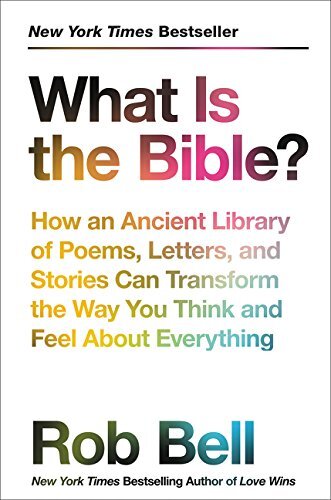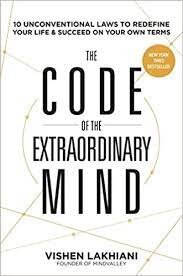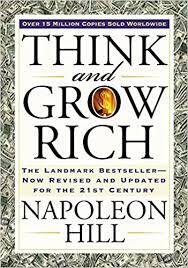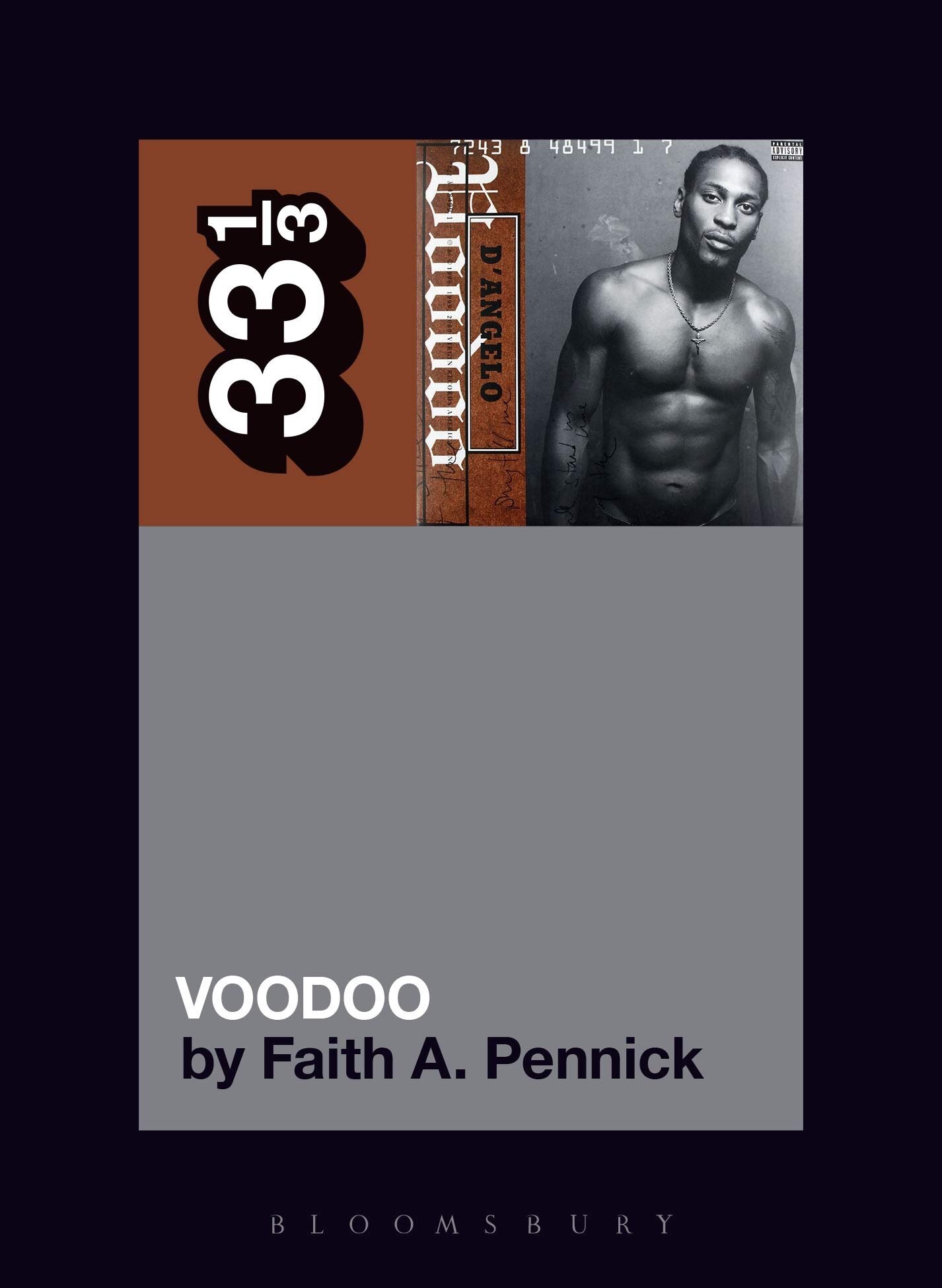But What If We’re Wrong? by Chuck Klosterman Review
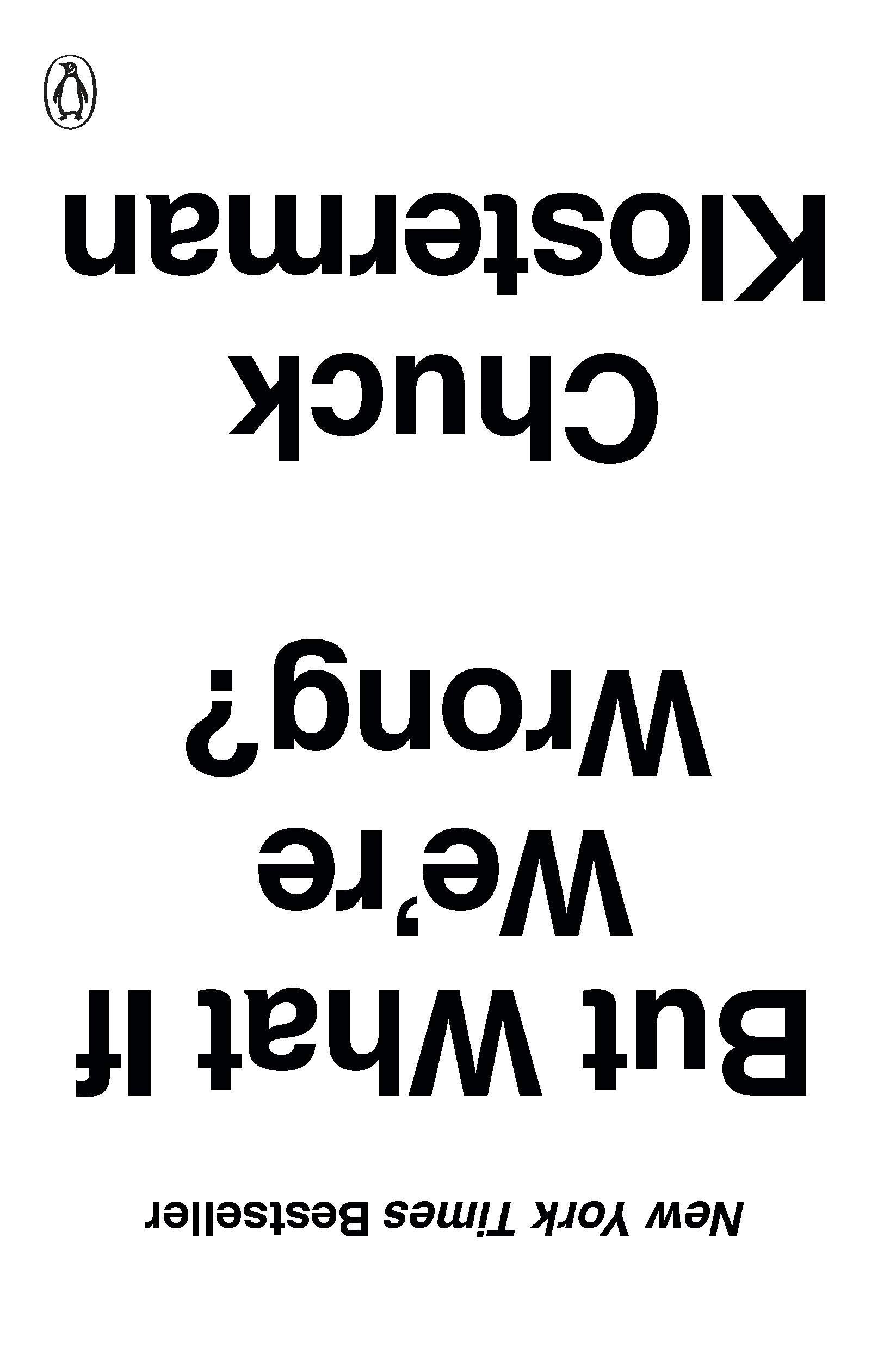
In the year 2158, I predict that the literary canon will be entirely based on affability and the percentage likelihood that the reader would want to have a beer with the writer.
Chuck Klosterman would be the James Joyce of this canon and Arundhati Roy would be its Tolstoy. I mean c’mon who else could possibly sit atop this Dos Equis Canon? He has an encyclopedic knowledge of dinosaurs and probably has the ability to ruthlessly critique the cheesiness of Duran Duran’s The Wedding Album right after a show-stopping karaoke performance of “Ordinary World.” The evidence is right there in the book too! He writes about a fun historical figure game he plays with friends in what location?
The bar
. But What If We’re Wrong? finds Chuck Klosterman self-consciously overthinking. While these essays about the literary canon, rock music, TV, football, science, conspiracy theories, and other topics all are based on the same curiosity of what time will possibly do to them and how that perspective should factor into how we conceptualize these things now.
As he writes in his chapter about the literary canon “A Quaint and Curious Volume of (Destined-to-Be) Forgotten Lore”, Klosterman’s goal “is to think about the present in the same way we think about the past, wholly aware that such mass consideration can’t happen until we reach a future that no longer includes us. And why do I want to do this? Because this is—or should be—why we invest time into thinking about anything that isn’t essential or practical or imperative. The reason so many well-considered ideas appear laughable in retrospect is that people involuntarily assume whatever we believe and prioritize now will continue to be believed and prioritized later, even though that almost never happens. It’s a mistake that never stops being made.”I was completely blown away when I first read this chapter about the literary canon in early quarantine. I thought it was a novel mental model for thinking about why certain writing becomes popular and how the biography of an author can sometimes eclipse the quality of their actual writing in this process.
The rest of the book afterward seemed repetitive and derivative of this canonical essay but now the jokes on me.
After recently rereading it, I realized how much of my thinking and conversation starters this year had been influenced by his questioning.This is the kind of book you didn’t realize you wanted to read until you start reading it, and then you’ll waste an afternoon doing so.
It’s full of witty hot takes like “History is defined by people who don’t really understand what they are defining” and “Nothing on TV looks faker than failed attempts at realism” and so many topic changes it makes you think you are having a drunken conversation with him. Right.


